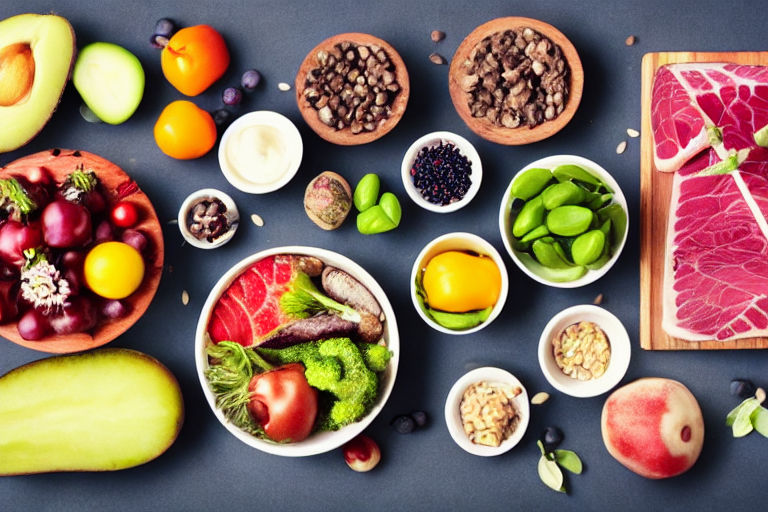Enhancing Sustainable Agriculture: The Role of Pollinators in Food Production
Sustainable agriculture is crucial to the health of people and the planet. In recent years, one of the key aspects of sustainable agriculture has been the role of pollinators in food production. Pollinators, such as bees, butterflies, moths, and birds, play a critical role in maintaining the genetic diversity of crops and ensuring food security.
What are Pollinators?
Pollinators are essential for plants to reproduce, as they help carry pollen from the male parts of a flower to the female parts. This process allows plants to produce fruit and seeds. Some common pollinators include bees, butterflies, moths, hummingbirds, and bats.
The Importance of Pollinators in Agriculture
Pollinators are essential for agriculture. They help to fertilize crops, which leads to higher crop yields and better quality produce. Without pollinators, many crops would simply not exist, or they would be much more difficult to grow. In fact, it is estimated that pollinators contribute to up to 30% of the world's food production.
Threats to Pollinators
Pollinators are facing numerous threats, including habitat loss, pesticide use, climate change, and disease. These threats are causing declines in pollinator populations, which is leading to a decrease in crop yields and a rise in food prices. It is essential that we take steps to protect pollinators and their habitats to ensure sustainable agriculture and food security.
Enhancing Sustainable Agriculture
There are many ways that we can enhance sustainable agriculture by protecting pollinators. One way is to create habitats that provide food, shelter, and nesting sites for pollinators. This can include planting wildflowers, creating bee hotels, and avoiding the use of pesticides that harm pollinators.
Another way to enhance sustainable agriculture is by promoting practices that support pollinators, such as crop rotation, cover cropping, and reduced tillage. These practices help to maintain healthy soils, which in turn support healthy pollinator populations.
In conclusion, pollinators are essential for sustainable agriculture and food security. By protecting and enhancing pollinator habitats, we can ensure that we have the crops we need to feed the world's growing population while maintaining the health of the planet.



